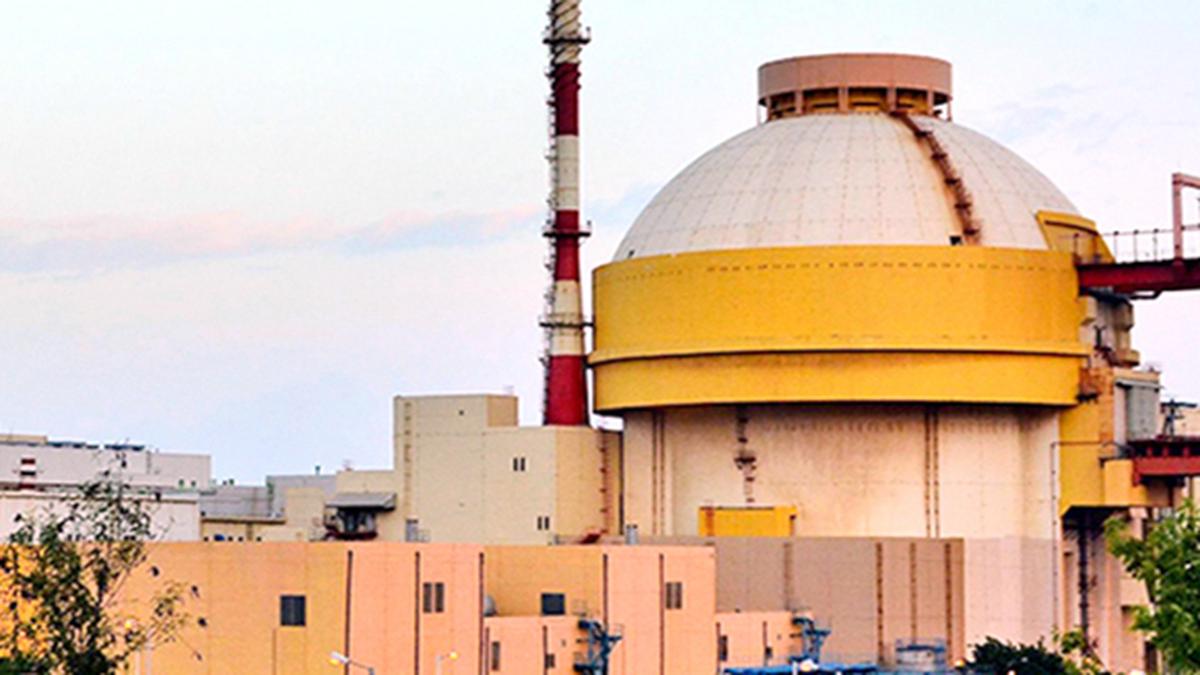
Concern over nuclear power plant proposal: Kerala govt urged to explore scaling up Kudankulam project in T.N. instead
The Hindu
CSEIBA urges Kerala government to explore the possibility of scaling up Kudankulam Nuclear Power Project in Tamil Nadu capacity instead of building new plant.
Questioning the wisdom of establishing a nuclear power plant in densely-populated Kerala, the Centre for Sustainable Environment and India Biodiversity Action (CSEIBA) has urged the Kerala government to explore instead the possibility of scaling up the capacity of existing nuclear power projects in consultation with the Centre and other States.
The Kerala government should initiate a mission to collaborate with the Government of India and the Tamil Nadu government to scale up the capacity of the Kudankulam Nuclear Power Project (KKNPP), considering the incidents of severe natural calamities in the slopy, high-altitude terrains of Kerala, CSEIBA chairman Oommen V. Oommen, a former chairman of the Kerala State Biodiversity Board (KSBB), and CSEIBA director K.P. Laladhas, a former KSBB member secretary, said.
Radiation and security risks, evacuation challenges, management of radioactive waste, land use constraints and the fact that cooling systems require vast amounts of water resources are among the threats and disadvantages of constructing a nuclear power project in a densely-populated State like Kerala, they said.
“Accidents can contaminate soil, air, and water, affecting a large population. It is crucial that these consequences are carefully weighed and mitigation strategies considered when planning atomic power stations in high-density States,” they said.
According to CSEIBA, the funds required for establishing a power plant in Kerala to meet the increasing energy demands of the State can be used to scale up the capacity of KKNPP.
KKNPP, which has two units operational at present, is scheduled to have, in all, six VVER-1000 reactors built in collaboration with Atomstroyexport, taking its installed capacity to 6000 MW. The first two pressurised water reactor (PWR) units were constructed in Phase I. Home state Tamil Nadu is allocated 50% (925 MW) of the power generated from them, while neighbouring States share 35% of the power, including 442 MW for Karnataka, 266 MW for Kerala and 67 MW for Puducherry, CSEIBA noted.





















 Run 3 Space | Play Space Running Game
Run 3 Space | Play Space Running Game Traffic Jam 3D | Online Racing Game
Traffic Jam 3D | Online Racing Game Duck Hunt | Play Old Classic Game
Duck Hunt | Play Old Classic Game











